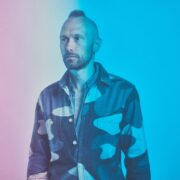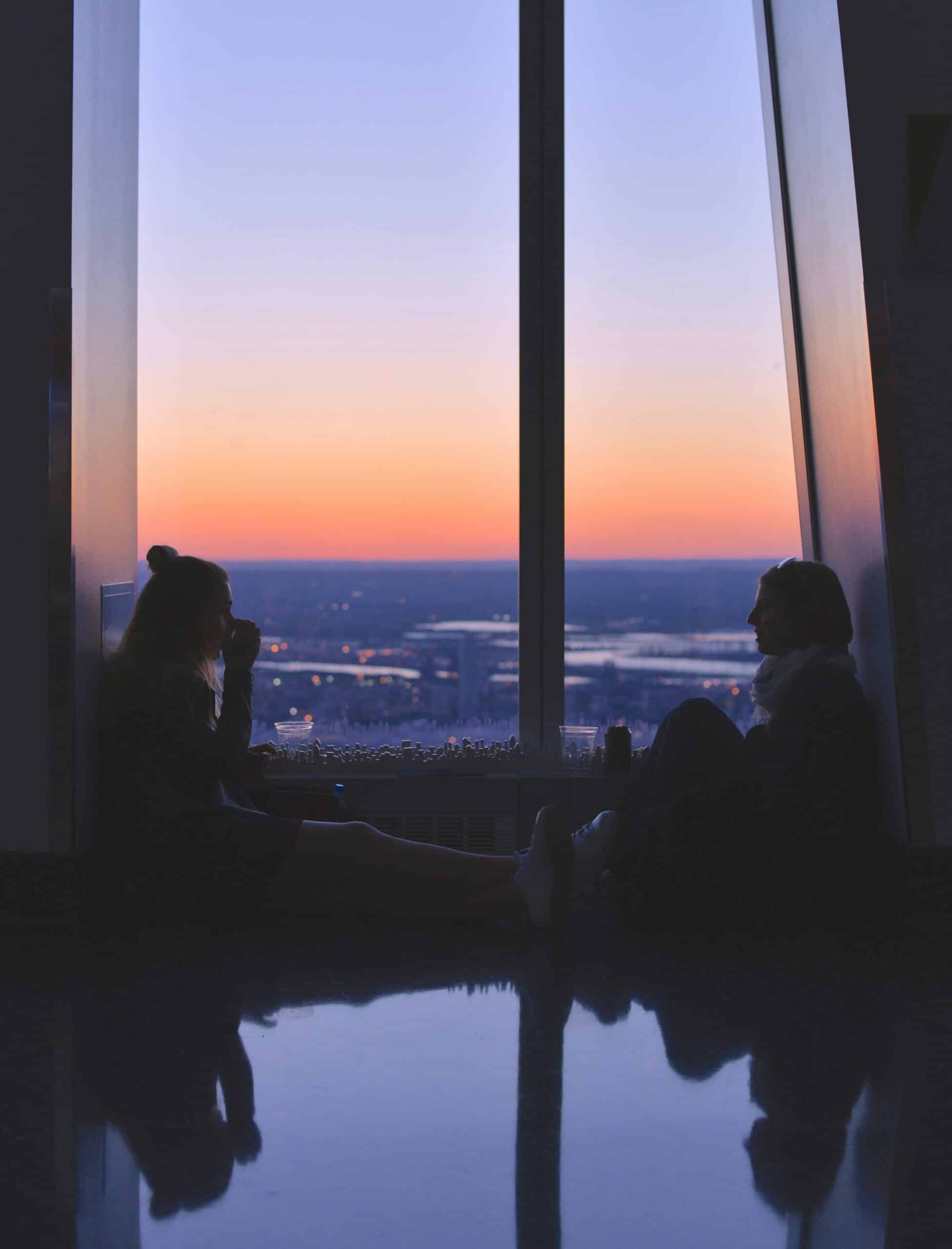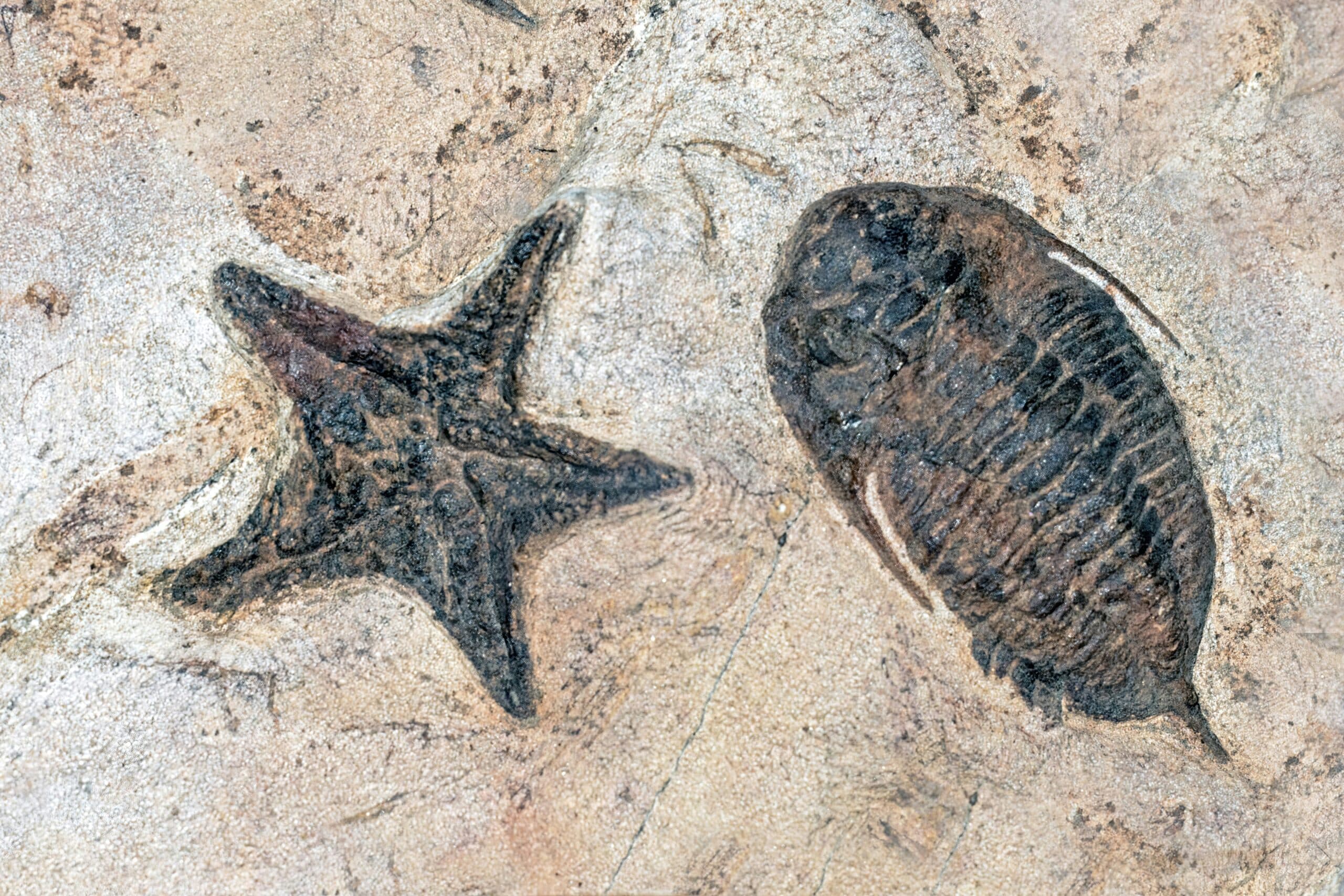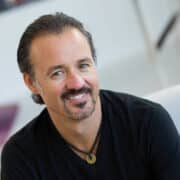
Episode #180
A Primer On Quantum Health & Circadian Biology
What is quantum health? As Georgie Ryan explains during our chat, when we pick up electrons from our food and environment, they enter our cell membranes and charge us like batteries. He breaks down the process, explores what it means for our health, and shares the top five ways we can capture more electrons to […]

Guest
Georgie Ryan
What is quantum health?
As Georgie Ryan explains during our chat, when we pick up electrons from our food and environment, they enter our cell membranes and charge us like batteries.
He breaks down the process, explores what it means for our health, and shares the top five ways we can capture more electrons to boost our energy levels.
We also dive into circadian biology, which builds on the science of circadian rhythms, or our body’s natural sleep/wake cycle.
Georgie discusses how to optimize our health using different sunlight phases and highlights why we should pay more attention to them. His tips may help with dysregulated hormones, stress levels, sleep, and even gut imbalances.
Expose your belly to UV light while eating. Sounds woo woo, but the microbiome is turned on/off by UV light. It helps nutrients in your food become more bioavailable. - Georgie Ryan Share on XIn this info-packed episode, you’ll also hear about
- Foods with the highest availability of electrons
- Water and hydration from a quantum perspective
- Why sunlight during the UVA rise sets the tone for how you feel the rest of the day
- The most important meal in circadian biology
- The nuances of melatonin for your body’s repair and restoration cycles (and how to avoid suppressing it)
Mentioned in This Episode
- Georgie Ryan’s website, Georgie’s Gardens
- Georgie’s Instagram
- Douglas C. Wallace, PhD, the doctor studying the role of mitochondrial energy in human health and disease
- The Fourth Phase of Water: Beyond Solid, Liquid, and Vapor by Gerald H. Pollack
- The Circadian app
- GembaRed and EMR-TEK: red and near-infrared lights
More Resources
- The Natural State Podcast Episode 156: Brian Richards – The Benefits of Zero EMF Near Infrared Saunas and What Makes Them So Powerful for Health and Lifespan
- The Natural State Podcast Episode 110: Andy Mant – The Truth and Science Behind Blue Light Blocking Glasses
- The Natural State Podcast Episode 104: Dr. Anthony Gustin – (Q&A #8) – Melatonin, CBD, Creatine, and Immunity Boosts, Plus Why You Probably Don’t Need Sunscreen







